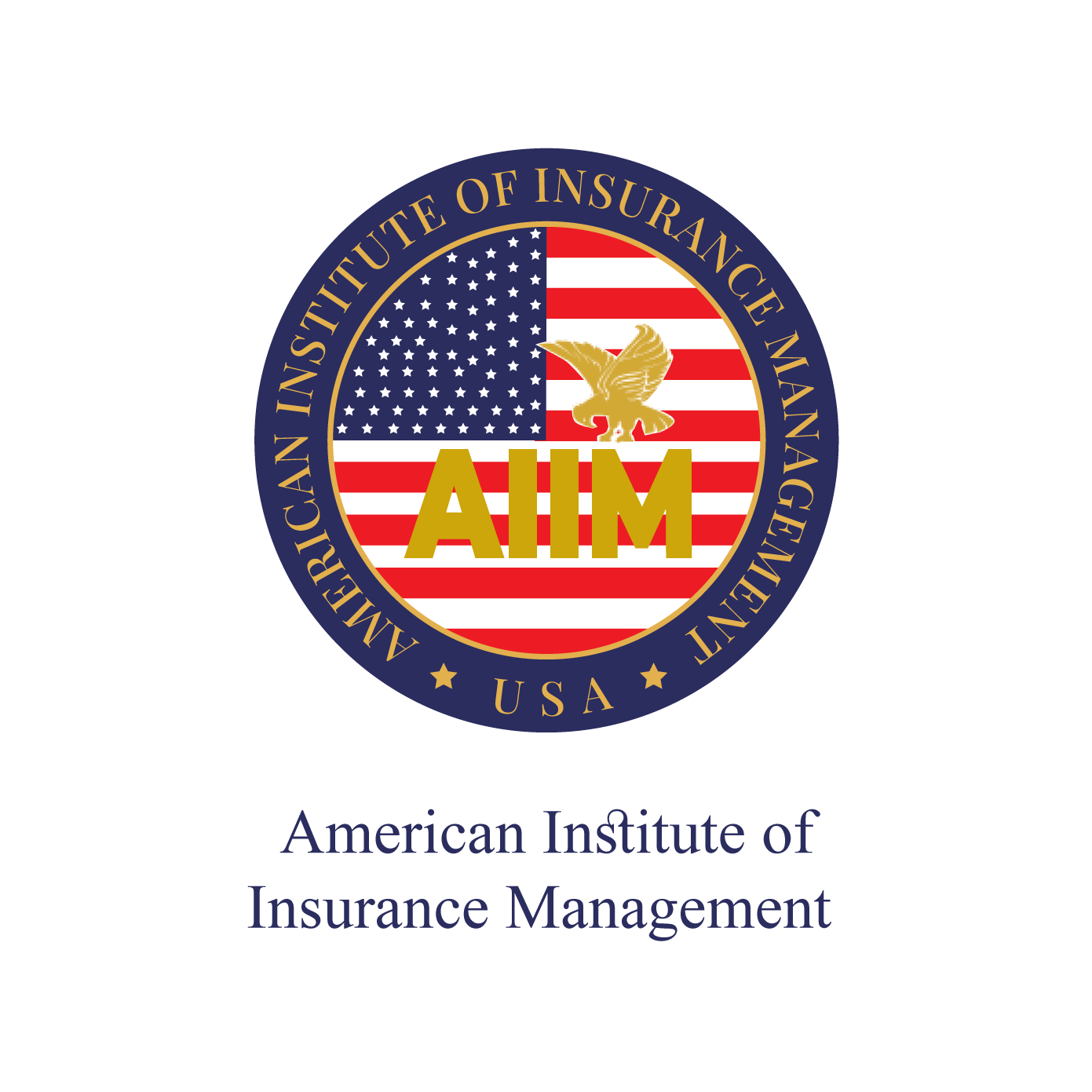
The American Institute of Insurance Management (AIIM) is a premier institution dedicated to developing executive leadership in the global insurance and risk management industry. As a respected affiliate of the American Institute of Business and Management (AIBM), AIIM continues AIBM’s legacy of academic excellence and global recognition while focusing exclusively on the insurance sector. In a rapidly evolving world driven by regulatory changes, technological advancements, and growing consumer expectations, AIIM offers specialized, globally recognized certifications designed to equip professionals with the strategic insights and leadership expertise required to navigate the complexities of the insurance industry.
AIIM provides a comprehensive suite of certification programs that address the practical challenges faced by today’s insurance leaders. Whether managing underwriting processes, overseeing risk management strategies, driving digital transformation, or ensuring compliance with evolving regulations, AIIM’s programs are designed to elevate leadership across insurance companies, brokers, agents, and regulatory bodies. Through immersive case studies, industry simulations, and mentorship from seasoned insurance professionals, participants gain deep insights into global best practices, including emerging trends in insurtech, regulatory compliance frameworks such as Solvency II, and sustainable insurance practices.
As an affiliate of AIBM, AIIM benefits from access to a global academic network, cross-disciplinary insights, and international forums that foster thought leadership and innovation in the insurance sector. This affiliation enhances the credibility of AIIM’s certifications, ensuring alignment with the highest global standards and industry expectations. The institute’s modular and flexible learning approach enables professionals to advance their careers while balancing the demands of their work, ensuring that learning is both accessible and transformative.
AIIM stands for ethical, innovative, and impact-driven leadership in insurance management. Its commitment to fostering excellence, digital inclusion, and responsible risk management is embedded in every program it offers. More than just a certifying body, AIIM is a catalyst for progress—empowering insurance professionals to lead with confidence, integrity, and purpose in an increasingly complex and rapidly changing global insurance market.
In the ever-evolving landscape of the 21st century, Insurance Management emerges as a crucial pillar of financial security, risk mitigation, and strategic planning. It plays a pivotal role in safeguarding individuals, businesses, and assets against unforeseen challenges, making it an indispensable facet of modern life. In this discourse, we will delve into the current and future job prospects within Insurance Management, shedding light on the transformative forces shaping opportunities in this field, as well as the pivotal role of certifications in elevating careers within the industry.
Insurance Management offers a broad spectrum of job opportunities, and the current job market in this field is dynamic and multifaceted. Professionals in Insurance Management assess risks, develop insurance products, and ensure the financial well-being of policyholders. Some prominent current job roles include:
The future of Insurance Management is poised for growth and transformation, driven by emerging trends and technologies. Anticipated future roles may include:
Certifications in Insurance Management offer numerous benefits:
In conclusion, Insurance Management is a thriving field with a wide array of current and future job opportunities. Certifications are instrumental for professionals seeking to excel in this dynamic industry, providing them with the expertise and recognition needed to navigate complex insurance landscapes, protect policyholders, and advance their careers.

AIBM and its subsidiary institutions AIFB, AICM, AIDSAI, AIDM, AIREM, AIEM, AIEHSM, AIHHM, AIIT, AIIM, AIIHM, AIOGM, AIPC, AIPLM, AIREM, PowerPhD Institute and OMI offer a range of progressive, flexible and affordable business, management and skill based professional certifications.